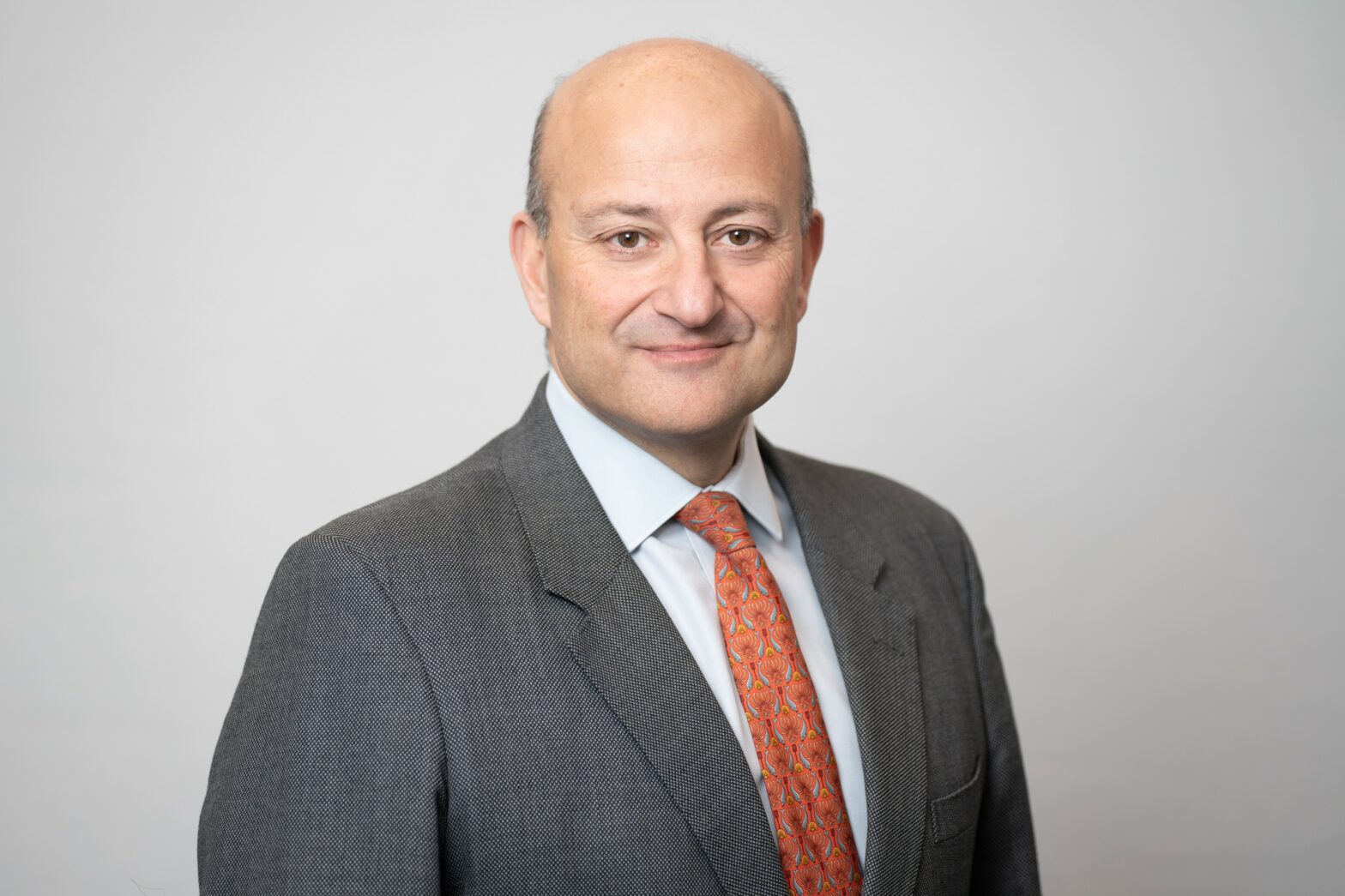The British Business Bank says it wants to back scale-ups that are looking for £50m or more in investment.
The new head of the bank, Louis Taylor, told the Financial Times that he wanted to expand the bank’s remit to plug funding gaps for UK businesses and provide finance for scale-ups which would otherwise be looking overseas to aid growth or be acquired.
“The more money there is, the more companies will stay in the UK,” the new chief executive said after taking the reins from Catherine Lewis La Torre, who stood down from the position at the end of 2022.
Taylor described the funding gap as “an area where we could usefully play but that will require some resources”.
He also envisages the state-owned investor as a “sovereign growth fund”, which would mean having the ability to reinvest its proceeds from venture capital investments in a bid to keep more high-growth businesses in the UK.
>See also: UK seeing exodus of R&D activity
The British Business Bank invests in venture capital funds that finance businesses in the technology and life sciences sectors.
It also administered Covid loan schemes, which it came under fire for after issues relating to fraud and error emerged, not least from Lord Agnew, who labelled the fiasco a “colossal cock-up.”
See also: Government to hold a scale-up summit this year
The Department for Business, Energy and Industrial Strategy, which owns the British Business Bank, said at the time that £4.9bn could have been lost in the £47.4bn bounce back scheme.
Part of the job for Taylor will be to try and recover as much of that money as possible. He said the losses were “just the nature of the [bounce back] programme, which was intended to get money out quickly”.
More on the British Business Bank
What is the British Business Bank? – a Growth Business guide






